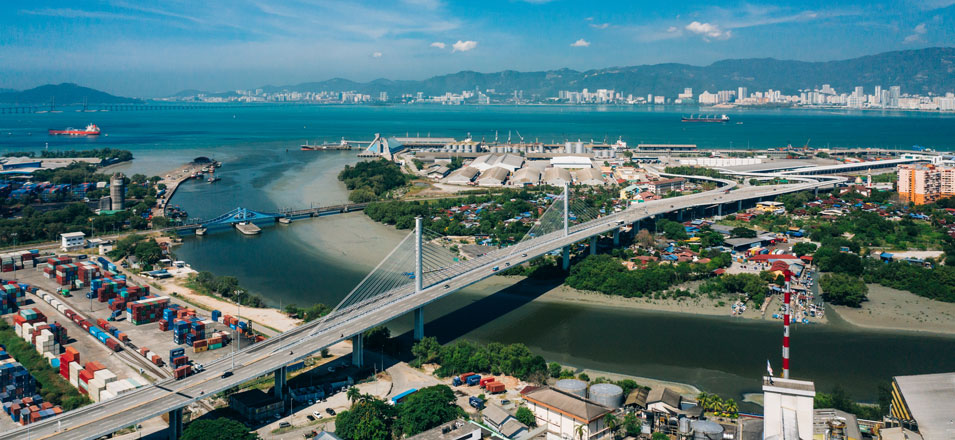Coastal management is the broader management of coastal areas covering a range of activities such as planning and implementing coastal protection measures, climate change adaptation, environmental conservation, multi-sectoral prioritisation and consultation, and the establishment of governance structures and processes for facilitating continuous governance, stakeholder engagement and management iterations over time.
The concept of Integrated Coastal Zone Management (ICZM) is a more clearly defined approach for these activities that was first introduced at the Earth Summit in Rio de Janeiro in 1992. This is considered an iterative, multi-disciplinary and multi-sectoral process for sustainable management of the coastal zone involving participation of all key stakeholders in the definition of societal goals related to the environment, economy, culture and recreation and in the subsequent implementation activities.
The Coastal Hazard Wheel can support coastal management by providing a unifying framework for management considerations, covering all the main management aspects in an easily accessible way. It can thereby facilitate communication with coastal stakeholders as part of coastal consultation processes, guide management discussions and provide a starting point for further analytical activities, master planning and implementation of technical management measures.
The Quick start guide provides a brief introduction to the Coastal Hazard Wheel while the Coastal Hazard Wheel App provides an automated version of the system that can be used for classifying a specific coastal location, obtaining guidance on possible management measures and mapping the full spectrum of coastal hazards, hereunder ecosystem disruption, gradual inundation, salt water intrusion, erosion and flooding, from local to global level.
For further technical information or assistance with coastal management activities, please feel free to get in touch with us.
